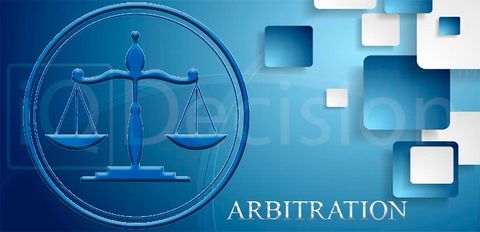Looking to start an arbitration in the Netherlands? If you are, then what follows below will certainly be of interest to you. We’re going to describe to you the specifics of dispute settlement in the Netherlands, paying particular attention to the use of arbitration clauses in emails & confirmation of charter-party agreements by email.
Dispute Resolution Process
The recent ruling of a court in the Netherlands whereby email confirmation of charter agreements has been declared legitimate has caused quite a stir in the country & abroad. Now, the question on everybody’s lips is: Does the court’s verdict render including an arbitration clause in agreements obsolete? To answer it, we’ll need to take a closer look at how legal proceedings were taking place & what caused the court to arrive at such a decision.
So, here’s how it all started: a Russian company signed a charter-party agreement with a Dutch company whereby any possible disputes between the two were to be settled through arbitration in Great Britain. When a dispute did arise, one of the parties decided to initiate arbitration in London as per the terms of the agreement. The defendants didn’t appear in the London arbitration & the claimants won the case by default.
The claimants then sought to enforce the award in Holland. In strict compliance with the Dutch procedural law, they filed a petition with the Court of Appeal. However, it was eventually found that the award couldn’t be enforced because there was no valid arbitration agreement.
The catch was that the charter-party agreement had been agreed upon via email. Therefore, before making a decision, the Court of Appeal suggested that the claimants provide evidence that the emails in which the terms were agreed upon were genuine. There were “blank spots” in the email submitted to the court, so an expert testimony was required to rule out any tampering with the letters.
The claimants chose not to hire an independent IT consultant & their expert was unable to provide conclusive evidence that the emails were genuine. Therefore, in the process of settling a dispute in the Netherlands, the court found that the claimants were unable to prove that the contract containing the arbitration agreement (and therefore the arbitration agreement itself) had been agreed upon. An appeal was filed against this decision; however, on the recommendation of the Attorney General, the Supreme Court dismissed it.
What Does it Mean?
Looking to settle a dispute in Europe? How about contacting IQ Decision UK? Our legal consultants are always on standby to provide you with legal advice on the initiation of arbitration proceedings in the Netherlands & elsewhere in the world.
It’s worth noting that if the defendant had appeared for arbitration in London, the outcome of the case could have been different. It’s also important to understand that the decision of the Court of Appeal & the Supreme Court doesn’t mean that the electronic confirmation of the charter-party agreement automatically "invalidates the arbitration clause." It only confirms that the parties need to be prepared to provide sufficient evidence that an email in which the arbitration award was made is genuine.

















